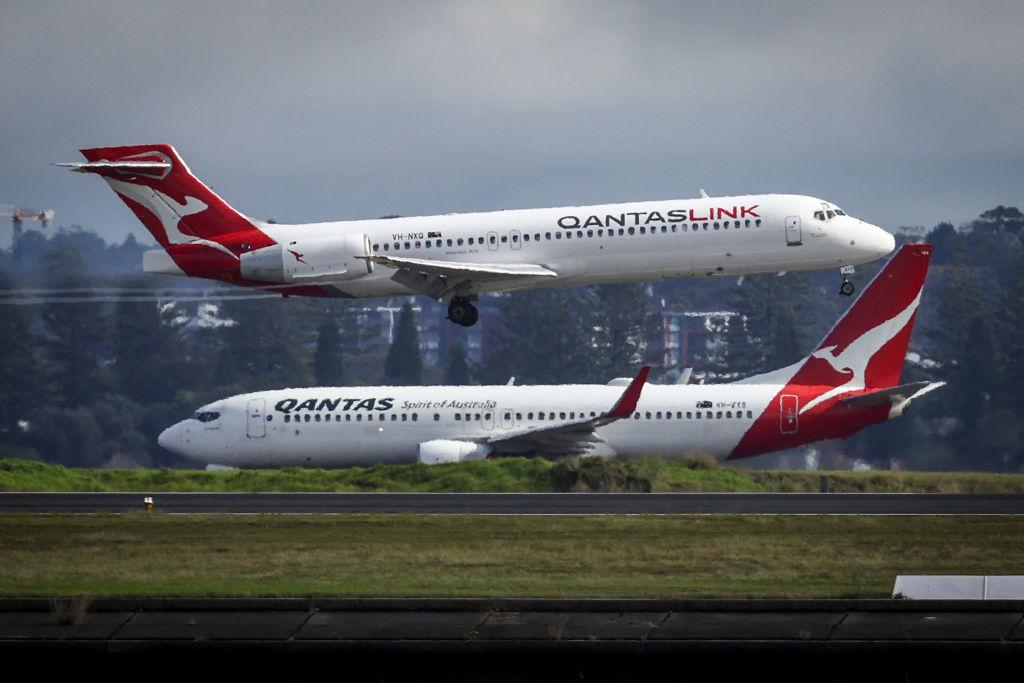Freight workers for the Qantas-owned Australian Air Express will benefit from an almost $7,000 (US$4,800) annual pay increase, thanks to a new agreement brokered by the Australian Services Union (ASU).
This deal aligns the wages of Australian Air Express employees with those of their Qantas Freight counterparts, marking a victory in the ASU’s ongoing “same job, same pay” campaign.





